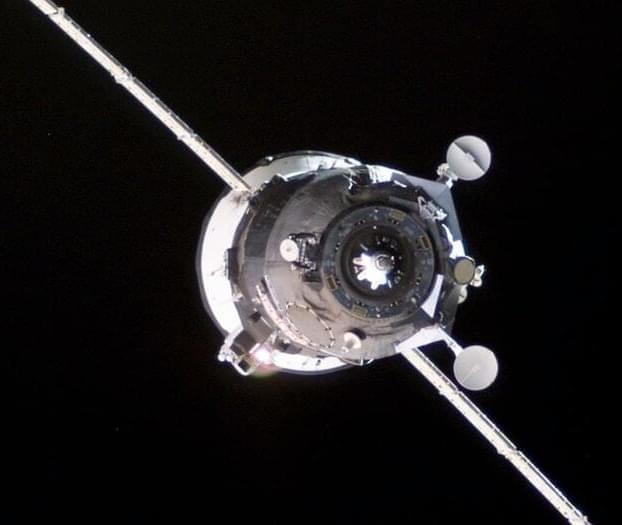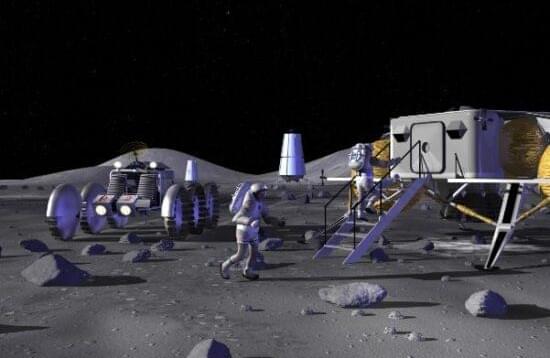Over its 23-year lifetime, the station has been an important example of how Russia and the United States can work together despite being former adversaries. This cooperation has been especially significant as the countries’ relationship has deteriorated in recent years. While it remains unclear whether the Russians will follow through with this announcement, it does add significant stress to the operation of the most successful international cooperation in space ever. As a scholar who studies space policy, I think the question now is whether the political relationship has gotten so bad that working together in space has become impossible.
Russia operates six of the 17 modules of the ISS — including Zvezda, which houses the main engine system. This engine is vital to the station’s ability to remain in orbit and also to how it moves out of the way of dangerous space debris. Under the ISS agreements, Russia retains full control and legal authority over its modules.
It is currently unclear how Russia’s withdrawal will play out. Russia’s announcement speaks only to “after 2024.” Additionally, Russia did not say whether it would allow the ISS partners to take control of the Russian modules and continue to operate the station or whether it would require that the modules be shut down completely.







